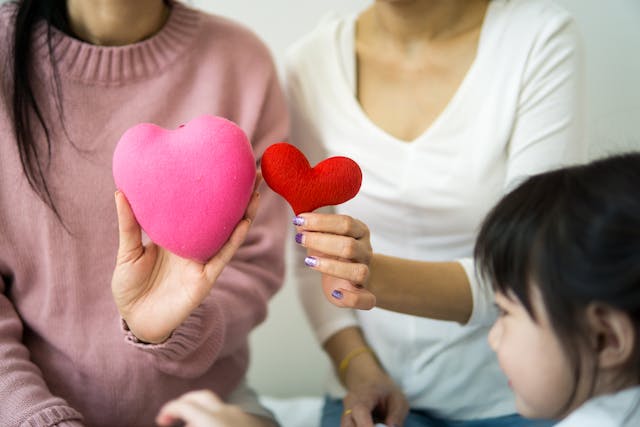Helping others is always a gift. Doing something kind for another person makes you feel good, especially if it radically improves their life. Organ donation is an excellent way to change someone’s fortune for the better, but not everyone understands how that process works. Check out these organ donation myths to learn the truth about giving to people in need after you pass away.
1. One Organ Donor Can Only Save One Person
It’s easy to assume that one person’s organs can only help one other person. You might not sign up if you don’t think more people will need your organs when you pass.
The truth is that when a donor passes away, their organs can save up to eight people and help 75 others. Experts drive or fly eligible organs to local people in need and those waiting for a donor across the country.
2. Airborne Organ Delivery Exposes Them To Radiation
Pilots fly organs to recipients all the time. Most organs can only last six to 10 hours out of the body, so the flights are fast. People also think the organs encounter radiation because a minimal amount gets into every plane while they’re in the sky. Aircraft are much closer to the sun while in flight, so there’s more radiation coming through the windows and walls.
The good news is that experts flying organs worldwide know about this minimal radiation. They protect each organ with specific packaging to protect it from exterior elements. The radiation is so small that it’s safe to fly whether your organs are in your body or procurement packaging.
3. Medical Illnesses Disqualify People From Organ Donation
Sometimes, people believe you can’t donate your organs if you get sick. Although some illnesses affect which organs you can donate, they may not disqualify you from the donation process.
A cancerous growth on your liver might prevent you from donating it after your death, but that doesn’t mean your heart can’t help someone in need. If you’re concerned about staying healthy for organ donation purposes, remember that lifetime habits are also a threat to your body’s viability.
Someone who smokes cigarettes their entire adult life will consistently inflame their blood vessels and may damage them beyond the point of donation. You can always talk with your doctor about your current lifestyle choices and how they could improve to support your goal of eventual organ donation.
4. Doctors Don’t Try To Save People Who Are Organ Donors
Doctors help people get healthy and stay that way every day. Traditional treatments and advanced tests that reveal genetic likelihoods for specific conditions make it easier for individuals to care for themselves. Their organ donation status doesn’t affect how much help doctors give their patients.
Medical professionals won’t leave you to die if you flatline in their hospital after signing up for organ donation. Their goal is to save every patient. The only thing that would keep them from saving your life is if you sign a do not resuscitate (DNR) form.
5. Family Members Pay For Their Loved One’s Donated Organs
Organ donation is selfless, but surgeons still must get them from one person to another. People may assume the organ donor’s family pays for that. Thankfully, that’s not the case.
Family members don’t receive any bills when their loved one donates their organs. The recipient and their health insurance company pay for that service. You don’t have to worry about your family’s financial well-being when deciding to be an organ donor.
6. Organs Are Eligible For Donation, But Not Tissue
The term “organ donor” can be slightly misleading. It might make you picture surgeons removing your heart, kidneys or lungs to help someone who needs them. Although those well-known organs are a crucial part of the donation process, tissue is equally important to give people on wait lists.
Tissue donation includes essential body parts like corneas, blood vessels and even bones. You could help someone see again or make their heart function better even if you can’t donate an eye or a heart.
Counter Organ Donation Myths With Facts
Organ donation myths are all too common. It’s a complicated process that many people don’t understand very well, but it’s easy to debunk these misconceptions. Remember this information while you’re deciding to become a donor or talking with someone who may want to volunteer their body after death, too. You’ll feel more confident about your decision.
